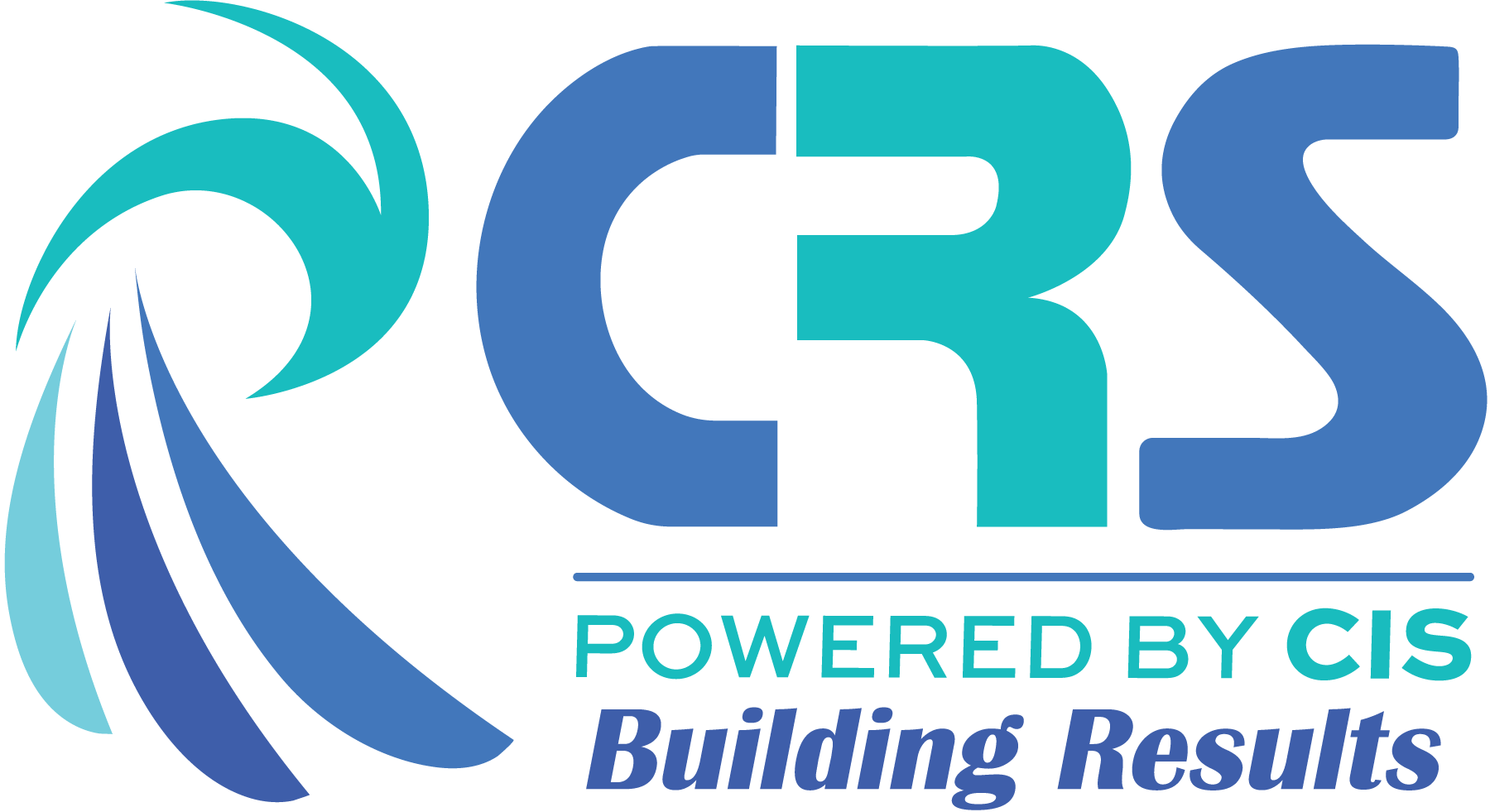Introduction:
When it comes to workers’ compensation insurance, one of the critical factors that can significantly impact your rates is how quickly employees return to work after an injury. Early Return to Work (ERTW) programs play a crucial role in this process. In this blog post, we will explore what ERTW programs are, their benefits, and why they are vital for businesses aiming to keep workers’ comp insurance rates down while ensuring the well-being of their employees.
What is Early Return to Work?
Early Return to Work (ERTW) is a program designed to get employees back to work as soon as possible after they suffer an injury. Insurance companies encourage companies to have these programs in place as they not only benefit the employees but also contribute to cost savings for the company’s workers’ comp insurance. In some cases, physicians may recommend limited work hours or modified tasks for the injured employee. Having an ERTW program allows the company to accommodate such restrictions and facilitate the employee’s return to work.
The Pitfalls of Delayed Return to Work:
Choosing to keep an injured employee at home without a structured ERTW program can lead to several negative consequences. When employees remain at home, they may come across advertisements from attorneys and lawyers offering to help them get more compensation for their injuries. This exposure can lead to legal complications and higher claims costs for the employer. Moreover, the insurance company may be paying the wages of the injured employee during this time, which can lead to increased workers’ comp premiums for the company.
The Benefits of Early Return to Work Programs:
The primary advantage of ERTW programs is the ability to get employees back to work as quickly as possible, even if it’s in a different role or with modified duties. By finding suitable tasks for the injured employee, such as administrative work or assisting other workers, the company can maintain productivity and prevent prolonged absences. This not only benefits the company but also helps the employee get back on their feet faster, providing a sense of normalcy and contributing to their overall well-being.
Keeping Workers’ Comp Rates Low:
Having a well-implemented ERTW program can significantly lower workers’ comp insurance premiums for a company. By getting the employee back to work promptly, the insurance company’s expenses on indemnifying the wages will be reduced, resulting in lower claims costs. This, in turn, translates to reduced insurance premiums for the employer and substantial savings in the long run. In contrast, allowing employees to stay at home for extended periods without a structured program can lead to increased insurance costs and delayed claim closure.
Conclusion:
Early Return to Work (ERTW) programs are a win-win solution for both employers and employees. By implementing these programs, companies can get their injured workers back on the job site as soon as possible, providing them with meaningful work and reducing the likelihood of legal entanglements. This proactive approach not only ensures a healthier and happier workforce but also contributes to significant cost savings on workers’ comp insurance premiums. So, if you want to keep your workers’ comp insurance rates down and maintain a productive and satisfied workforce, consider establishing a robust ERTW program for your business. Please contact CRSburbank with any question about creating an ERTW program for your company.

